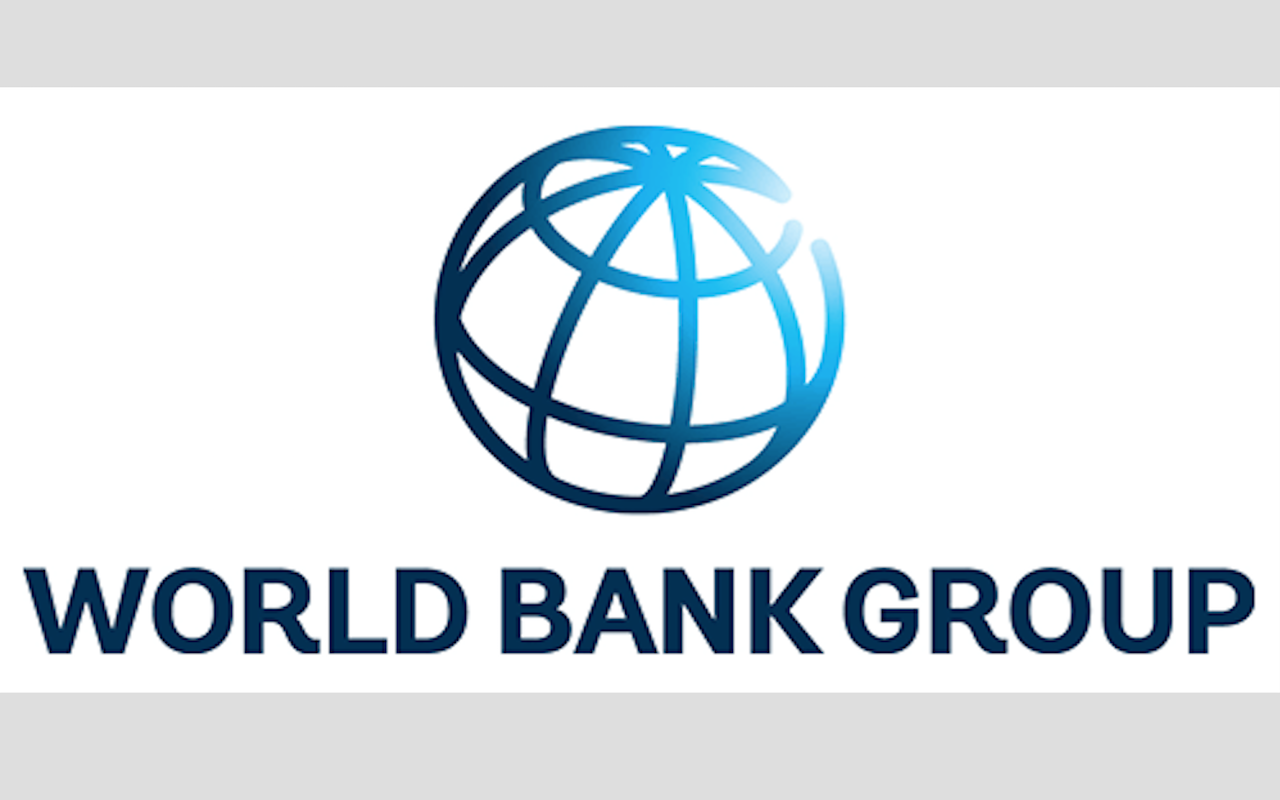If countries in the Caribbean are to improve their resilience against shocks – from severe weather to a pandemic – the region’s governments have to find a way to strengthen their efficiency, the World Bank said Tuesday in a new report.
The report, entitled 360° Resilience: A Guide to Prepare the Caribbean for a New Generation of Shocks, also recommended that households and businesses be empowered and called for an improvement in spatial planning and natural coastal protection.
The details of the flagship report were revealed on Tuesday by World Bank Senior Economist Julie Rozenburg in a webinar.
The report, which covers 17 Caribbean countries, argues that a more comprehensive approach to resilience can help tackle the challenges posed by climate change, new diseases, and changing socio-economic contexts. It focuses on the different affected parties, from governments to individuals, to help countries in this region understand current strengths and weaknesses across sectors and identify priorities for building resilience to a new generation of shocks.
Rozenburg said while countries in the region had shown “high levels” of resilience thus far, much more was still needed.
She said: “The first finding is that Caribbean countries have built relatively high levels of resilience so far, which means with the exception of Haiti they have achieved high-income levels despite incurring damages and losses from shocks which is a pretty high achievement. But these levels of resilience have not always been inclusive which means that some populations, in particular, the poorest populations have been left behind and have suffered disproportionately from disasters.
“Now these levels of resilience that have been achieved so far, we find that they are not sufficient to deal with the challenges of the future that are arriving actually right now; that are climate change impacts compounded by the uncertainty of future tourism markets and in the context of a lack of fiscal space because a lot of countries have used significant public resources to answer to the COVID-19 pandemic.”
Rozenburg said the report outlined ways in which countries in the Caribbean could bolster their resilience, noting the effectiveness of governments is a big factor.
“The first thing is to improve government efficiency,” said the World Bank economist. “Like I said before in the context where it is difficult to increase public spending it is important to spend better and there are many ways for governments to improve the efficiency of public money.”
She said empowering households and the private sector by increasing both the coverage and adequacy of social protection, strengthening worker skills for resilience, improving access to finance and making good, quality risk data available to the public was also necessary.
Rozenburg said there was a need to reduce future physical risks by investing in critical infrastructure, better enforcing building codes and standards, systematically considering emerging and changing risks and planning to build back aftershocks were also key. randybennett@barbadostoday.bb




